Wander.alは、サービスの向上のためCookieを使用しております。当社のウェブサイトを利用することにより、Cookieの使用に同意するものとします。 Cookieポリシー.

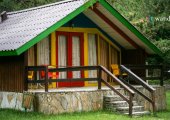
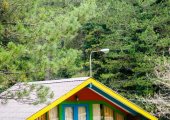


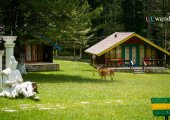

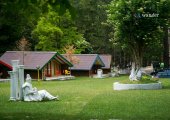
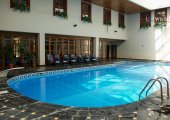
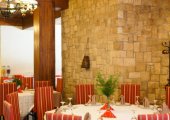
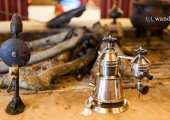
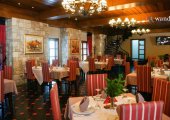
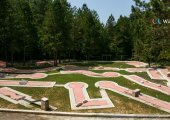



















Llogara or Llogora National Park (Albanian: Parku Kombëtar i Llogarasë) was declared as such in 1966 by the Albanian Government. The park covers an area of 1,010 hectares (2,500 acres) and protects the forests on the north side of the Llogara Pass between altitudes from 470 to 2,018 m (1,542 to 6,621 ft) above sea level. The park boasts many black pine (Pinus nigra) trees, Bosnian pines (Pinus heldreichii), Bulgarian fir, (Abies borisii-sign) and Ash trees (Fraxinus). Llogara has a long history as a vacationing area for Albanians.
Air currents that flow through the zone have caused trees like the Pisha e Flamurit to bend in many interesting shapes.
Several restaurants, hotels, and a small wooden cabin complex fill the charming road. The park area and the surrounding mountains are used mainly for hiking and trekking tours. Traditional Lab Albanian meals are also offered to visitors and a paragliding site south of Logara serves annually as an international competition venue. Along the twisting road, local vendors sell special honey and delicate mountain teas. Caesar's Pass (Qafa e Cezarit) is named after Julius Caesar who marched the area in pursuit of Pompey.